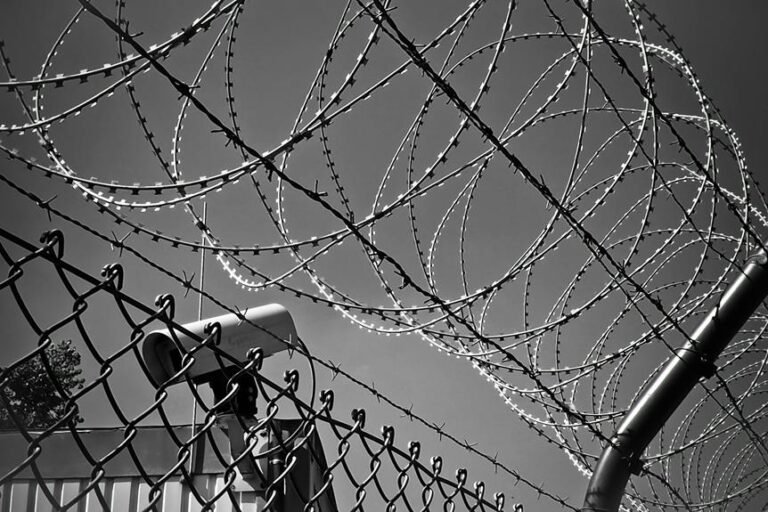Do Hidden Camera Detectors Really Work: Unveiling Surveillance Countermeasures
Hidden camera detectors effectively utilize radio frequency scanning to warn you of wireless camera presence. They offer a proactive method to discover potential surveillance risks in your vicinity. Different detectors with various detection ranges are available, allowing for identification of hidden cameras based on your needs. Detection accuracy is influenced by factors like lighting and signal interference, requiring an understanding of these variables for best performance. In real-world scenarios, detectors' capabilities vary based on environmental conditions and practicality. By choosing detectors with adjustable sensitivity levels and multiple detection modes, you can enhance your surveillance countermeasures effectively. Further insight awaits on how to select the most suitable detector for your specific requirements.
A Quick Overview
- Hidden camera detectors operate by scanning for wireless camera signals.
- Detection accuracy can be influenced by factors such as lighting conditions and signal interference.
- Real-world testing is crucial to evaluate detectors' performance in different environments.
- Opt for detectors with adjustable sensitivity levels to cater to various settings.
- Select detectors that offer multiple modes and features tailored to specific needs.
How Hidden Camera Detectors Function
Hidden camera detectors operate by scanning the area for the radio frequency signals emitted by wireless cameras. Detection mechanisms within the device identify these signals, alerting you to the presence of hidden cameras.
In some cases, signal interference can occur, affecting the accuracy of detection. Understanding how these detectors function is essential in ensuring your privacy and security in environments where hidden surveillance may be a concern.
Types of Hidden Camera Detectors
An essential aspect to explore when delving into the world of hidden camera detection is understanding the various types of detectors available on the market. These detectors vary in their detection range, indicating how far they can identify hidden cameras. Some detectors may also be susceptible to signal interference, affecting their accuracy.
Factors Affecting Detection Accuracy
Understanding the factors that influence the accuracy of hidden camera detectors is essential for effective detection. Lighting conditions and distance play pivotal roles, affecting the detector's ability to spot hidden cameras.
Signal interference can hinder detection accuracy, while reflective surfaces may create false positives. Being mindful of these factors can enhance the performance of hidden camera detectors and improve your surveillance countermeasures.
Real-World Effectiveness of Detectors
To assess the real-world effectiveness of hidden camera detectors, consider their performance in various environments and under different circumstances.
- Field testing reveals the detectors' actual capabilities outside controlled settings.
- Privacy protection is paramount; detectors must reliably identify hidden cameras.
- Environmental factors like lighting influence detection accuracy.
- Detector portability and ease of use affect practicality in day-to-day situations.
Tips for Choosing a Detector
When selecting a hidden camera detector, prioritize features that align with your specific surveillance detection needs. Look for detectors with multiple detection modes, including RF, lens detection, and laser detection.
Consider brands like SpyTec, KJB Security, and JMDHKK for reliable options. Confirm the detector's sensitivity levels can be adjusted to suit different environments.
Choose the right detector by researching and comparing features from reputable brands to make an informed decision.
Frequently Asked Questions
Can Hidden Camera Detectors Detect All Types of Cameras?
Hidden camera detectors are designed to spot a variety of cameras, including outdoor surveillance units and workplace monitoring devices. They work by identifying radio frequencies and lenses, offering effective protection against different camera types.
Do Hidden Camera Detectors Work on Wireless Cameras?
Yes, hidden camera detectors can work on wireless cameras commonly used in home security systems. These detectors can identify radio frequency signals emitted by wireless cameras, helping you guarantee your privacy and security.
Are There Legal Implications When Using Hidden Camera Detectors?
Legal implications of using hidden camera detectors involve privacy concerns. Make sure you understand local laws as they vary. Using detectors in private areas without consent may violate privacy laws and lead to legal consequences.
Can Hidden Camera Detectors Detect Cameras With Audio Recording?
Yes, hidden camera detectors can detect cameras with audio recording capabilities, addressing privacy concerns. They utilize technology to identify both video and audio surveillance devices, providing peace of mind in safeguarding your personal space.
How Can One Detect Hidden Cameras in Public Restrooms?
To guarantee privacy and security in public restrooms, be vigilant. Conduct thorough visual inspections of suspicious objects. Use hidden camera detectors to identify potential threats discreetly. Prioritize your safety by implementing these essential security measures.







